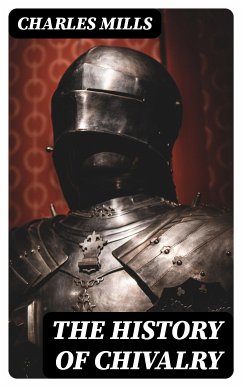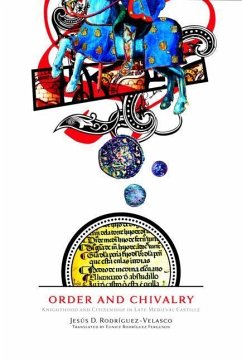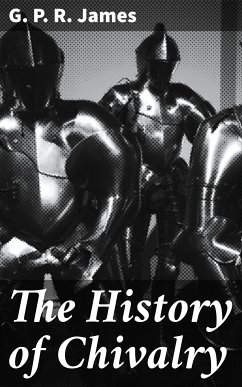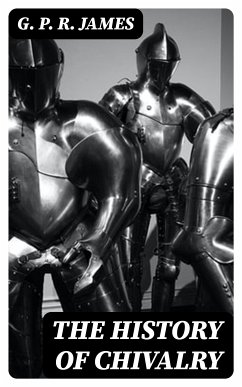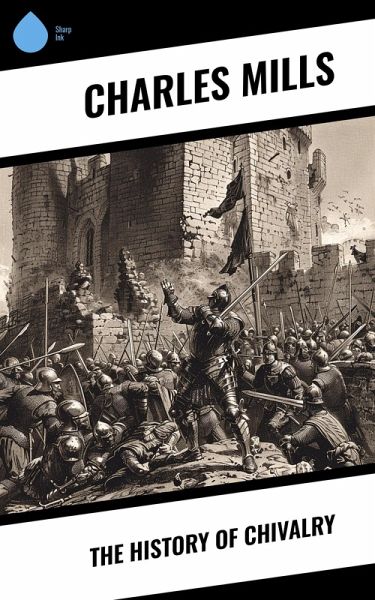
The History of Chivalry (eBook, ePUB)
Versandkostenfrei!
Sofort per Download lieferbar
2,13 €
inkl. MwSt.
Weitere Ausgaben:

PAYBACK Punkte
0 °P sammeln!
In "The History of Chivalry," Charles Mills offers a comprehensive exploration of the chivalric code and its profound impact on medieval society and literature. Employing a critical lens, Mills navigates the evolution of chivalry from its origins in feudalism to its manifestation in the romantic literature of the Middle Ages. The work is characterized by its meticulous research and clarity of prose, reflecting a deep understanding of both literary and historical contexts. Mills not only recounts the tales of knights and their quests but also dissects the societal implications of chivalric valu...
In "The History of Chivalry," Charles Mills offers a comprehensive exploration of the chivalric code and its profound impact on medieval society and literature. Employing a critical lens, Mills navigates the evolution of chivalry from its origins in feudalism to its manifestation in the romantic literature of the Middle Ages. The work is characterized by its meticulous research and clarity of prose, reflecting a deep understanding of both literary and historical contexts. Mills not only recounts the tales of knights and their quests but also dissects the societal implications of chivalric values, positioning them within the broader tapestry of European history. Charles Mills was a notable historian and writer of the 19th century, whose scholarly pursuits were influenced by the growing interest in the Middle Ages during his time. His background in classical literature and history informed his analysis of chivalry, as he sought to bring to light the intricacies of knightly virtues and their representation in contemporary culture. Mills's nuanced understanding of both literature and social history enriches his narrative, making it an important contribution to the fields of medieval studies and literature. This book is highly recommended for scholars and enthusiasts of medieval history and literature alike. Mills's engaging prose and thorough analyses invite readers to reevaluate their understanding of chivalry, revealing its enduring relevance in both historical and modern contexts. Whether you are a seasoned historian or a curious newcomer, "The History of Chivalry" promises to illuminate the grandeur and complexity of the chivalric ideal.
Dieser Download kann aus rechtlichen Gründen nur mit Rechnungsadresse in A, B, BG, CY, CZ, D, DK, EW, E, FIN, F, GR, HR, H, IRL, I, LT, L, LR, M, NL, PL, P, R, S, SLO, SK ausgeliefert werden.




